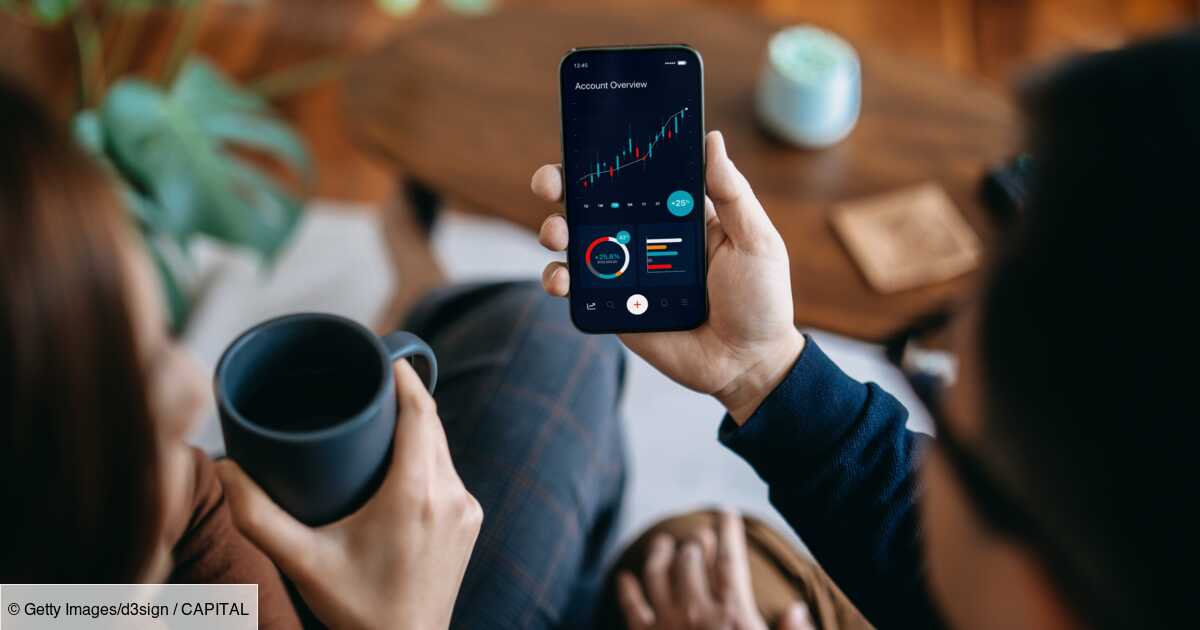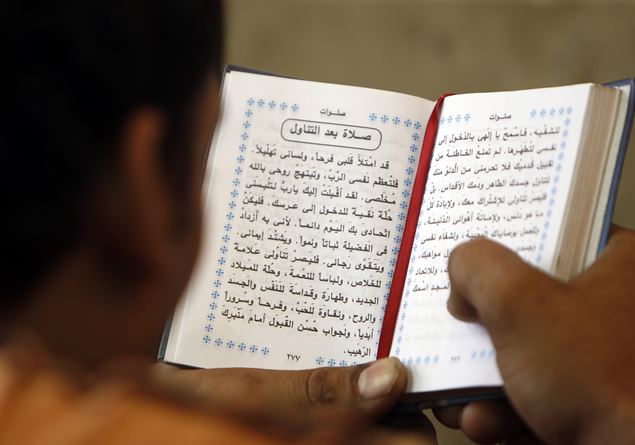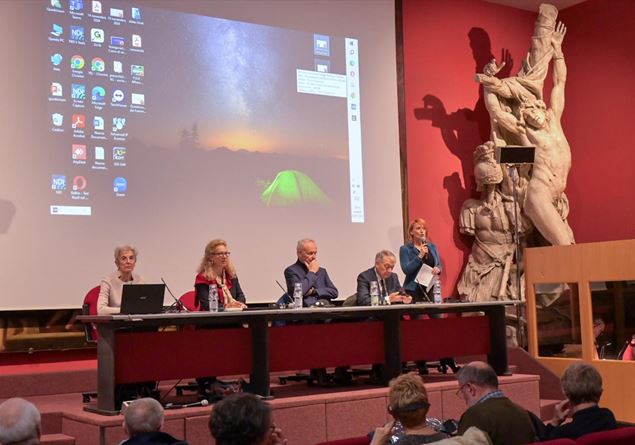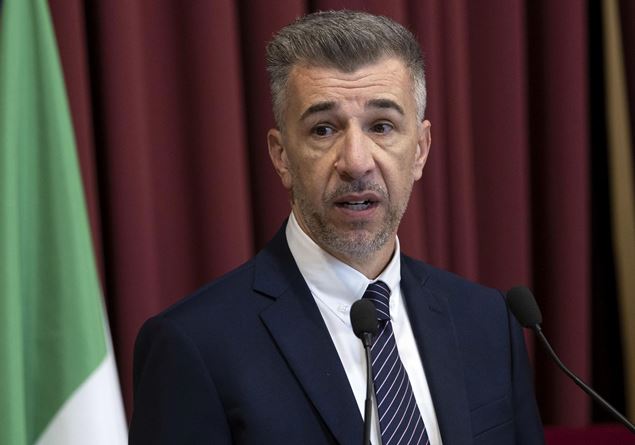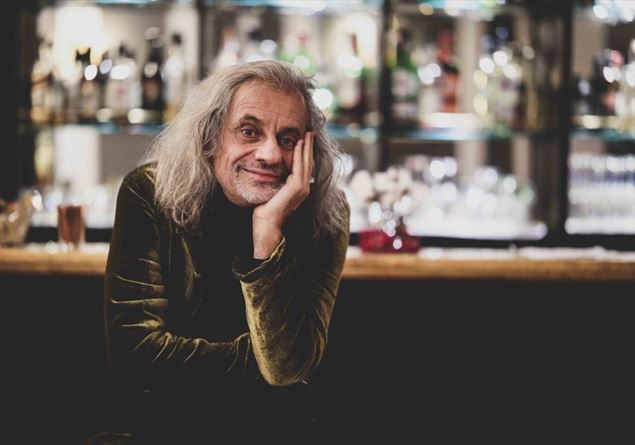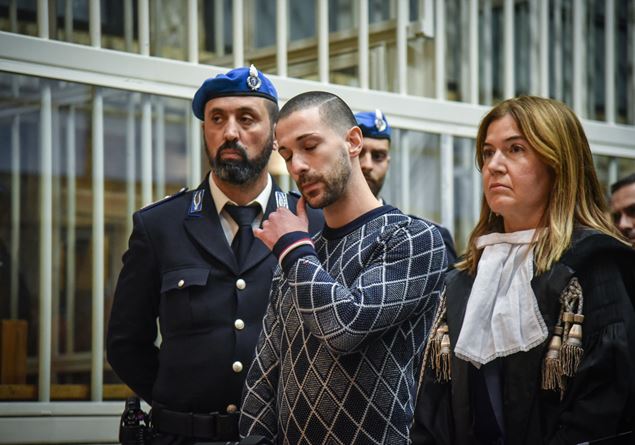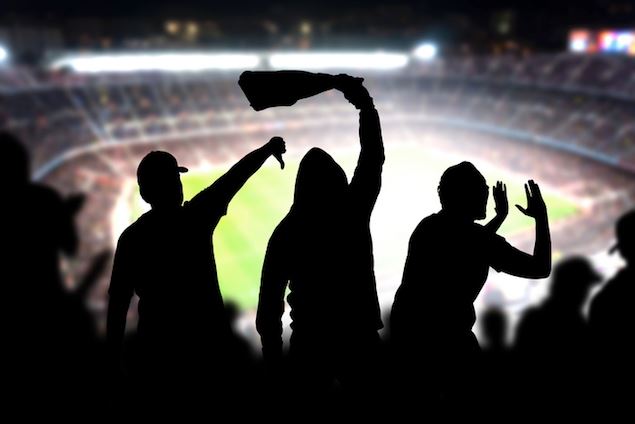
What happens around and inside stadiums is under the scrutiny of anti-mafia magistrates. To the point that the National Anti-Mafia and Anti-Terrorism Prosecutor, Giovanni Melillo, spoke in 2023 in the Anti-Mafia Commission of an ad hoc monitoring on the crime that is developing around the world of football, which suggests a complexity and alarm that go beyond the contingency of the news.
Doctor Melillo, why this need?
“The information coming from the central judicial police services and the comparison with the investigative experiences of the district prosecutors’ offices return a very alarming picture, which requires in-depth analysis and refinement of intervention tools. Both on the side of combating organized crime, and on that of reconstructing less perceived, but very large and concrete, risk factors, such as the spread of racist and anti-Semitic propaganda by neo-Nazi and supremacist groups that use the stadiums as an instrument of political action and recruitment and training of violent energies”.
How and why does organized crime interact with football?
“As in all complex phenomena, many aspects must be considered, two of which are, in my opinion, the main ones. On the one hand, the control of the activities, both legal and illegal, that take place in stadiums and around the management of football clubs: there are stadiums that every week are transformed into drug dealing areas and the presence of mafia interests in the companies that produce the services that revolve around sporting events is widespread. On the other hand, mafia organizations know that the acquisition of control of companies, even in so-called minor football, produces social consensus and multiplies the opportunities for business expansion. A very relevant aspect, which is found not only in the southern regions, but also in northern Italy, accompanying the logic of camouflage of mafia companies. Above all, based on the data we have, those linked to the ‘ndrangheta. On both sides, with some notable exceptions, the world of football appears largely unprepared to face those risks and the organisational models of clubs are far from expressing full awareness of the danger of dragging the football business into the vortex of mafia conditioning”. Clubs are often subjected to blackmail from the fans.
How do you break that perverse bond?
“What has been happening in the stands for a long time is there for all to see. But, as a rule, in the world of football we prefer to look the other way and underestimate the criminal logic that dictates the law: an attitude that is at best very short-sighted.”
He said that it is reductive to address the problem of curves as a public order, in what sense?
“In the past, the idea that stadiums were a place where the State could tolerate varying doses of violence and illegality, limiting the risks with approaches aimed essentially at mediation and negotiation with violent groups, was widely held. Sometimes, this vision still resurfaces and conditions the effective application of the tools that allow, for example, to keep out of stadiums not only those who commit crimes there, but also, and only because they have already been convicted, mafiosi and drug traffickers. An important tool, which should be applied methodically and homogeneously. But, above all, today it is necessary to realistically acknowledge the gravity of the phenomenon, to apply all the investigative tools typical of the fight against organized crime and terrorism.”
He raised the risk of links with subversive phenomena: what are we talking about?
“A complex network of openly neo-Nazi and supremacist groups uses stadiums as a place for propaganda, recruitment and training in violence. A network spread across much of Europe, as a thousand episodes demonstrate, which daily develops increasingly stronger connections and shares political strategies based on the spread of slogans typical of anti-Semitic and racist propaganda and the worst hate campaigns. A network that knows how to demonstrate its charge of violence and danger even outside the stadiums, providing authentic “shock troops”. Countering this phenomenon must become a shared priority”.
Sports attracts more and more legal and illegal gamblers, a topic “interesting for the mafia”. Is it more difficult to fight them now that they pass through online, international platforms, perhaps hidden in the dark web?
“In general terms, without referring to specific events, remote gaming is the gambling sector that most interests the mafia, globally, not just in Italy. The reasons are simple: an incalculable number of consumers, enormous profits, limited and often laughable risks, ease of exploitation of the asymmetries between the disciplines of individual States, in a sector that has direct and immediate contiguity with the clandestine financial circuits that support the network of money laundering and speculative reinvestment of the profits of organized crime. A network that has digital technologies as its fundamental organizational cornerstone, but that also knows it can at any time resort to the traditional weapons of violence and intimidation.”
Interview published on FC 44/23

